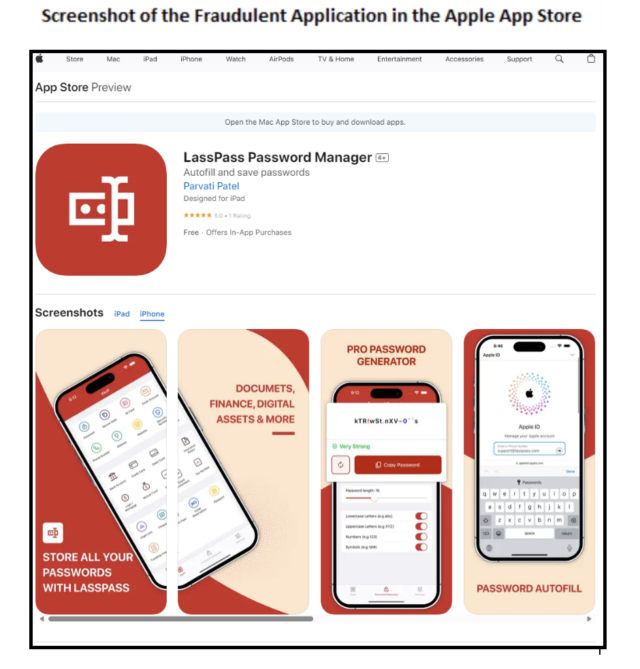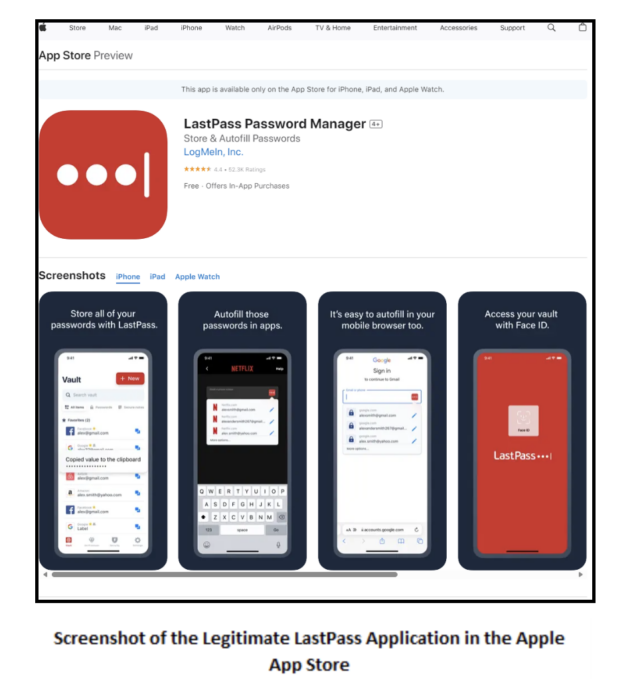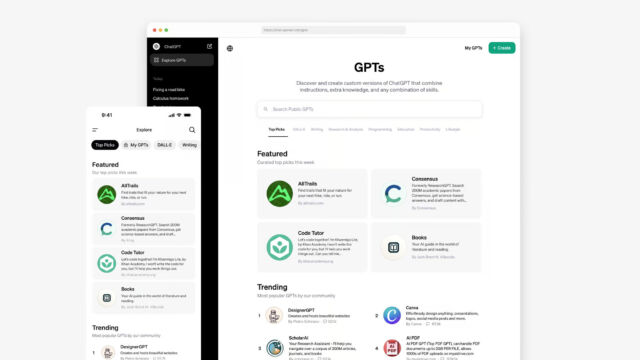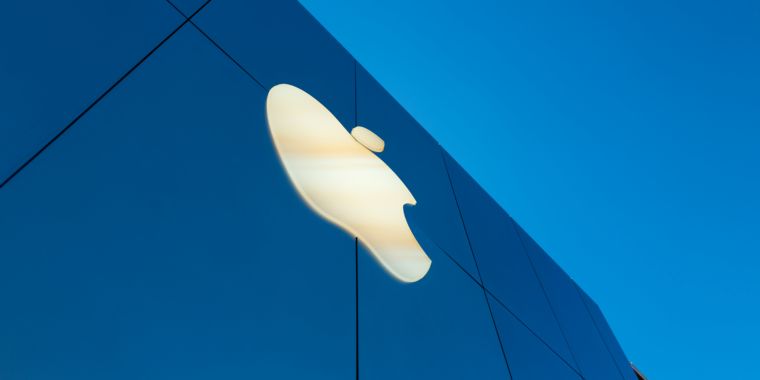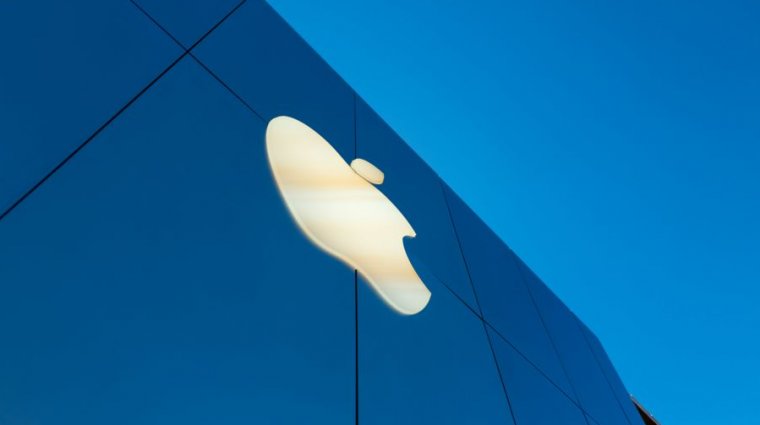Apple, Google, and Meta are failing DMA compliance, EU suspects

Enlarge / EU Commissioner for Internal Market Thierry Breton talks to media about non-compliance investigations against Google, Apple, and Meta under the Digital Markets Act (DMA).
Not even three weeks after the European Union’s Digital Markets Act (DMA) took effect, the European Commission (EC) announced Monday that it is already probing three out of six gatekeepers—Apple, Google, and Meta—for suspected non-compliance.
Apple will need to prove that changes to its app store and existing user options to swap out default settings easily are sufficient to comply with the DMA.
Similarly, Google’s app store rules will be probed, as well as any potentially shady practices unfairly preferencing its own services—like Google Shopping and Hotels—in search results.
Finally, Meta’s “Subscription for No Ads” option—allowing Facebook and Instagram users to opt out of personalized ad targeting for a monthly fee—may not fly under the DMA. Even if Meta follows through on its recent offer to slash these fees by nearly 50 percent, the model could be deemed non-compliant.
“The DMA is very clear: gatekeepers must obtain users’ consent to use their personal data across different services,” the EC’s commissioner for internal market, Thierry Breton, said Monday. “And this consent must be free!”
In total, the EC announced five investigations: two against Apple, two against Google, and one against Meta.
“We suspect that the suggested solutions put forward by the three companies do not fully comply with the DMA,” antitrust chief Margrethe Vestager said, ordering companies to “retain certain documents” viewed as critical to assessing evidence in the probe.
The EC’s investigations are expected to conclude within one year. If tech companies are found non-compliant, they risk fines of up to 10 percent of total worldwide turnover. Any repeat violations could spike fines to 20 percent.
“Moreover, in case of systematic infringements, the Commission may also adopt additional remedies, such as obliging a gatekeeper to sell a business or parts of it or banning the gatekeeper from acquisitions of additional services related to the systemic non-compliance,” the EC’s announcement said.
In addition to probes into Apple, Google, and Meta, the EC will scrutinize Apple’s fee structure for app store alternatives and send retention orders to Amazon and Microsoft. That makes ByteDance the only gatekeeper so far to escape “investigatory steps” as the EU fights to enforce the DMA’s strict standards. (ByteDance continues to contest its gatekeeper status.)
“These are the cases where we already have concrete evidence of possible non-compliance,” Breton said. “And this in less than 20 days of DMA implementation. But our monitoring and investigative work of course doesn’t stop here,” Breton said. “We may have to open other non-compliance cases soon.
Google and Apple have both issued statements defending their current plans for DMA compliance.
“To comply with the Digital Markets Act, we have made significant changes to the way our services operate in Europe,” Google’s competition director Oliver Bethell told Ars, promising to “continue to defend our approach in the coming months.”
“We’re confident our plan complies with the DMA, and we’ll continue to constructively engage with the European Commission as they conduct their investigations,” Apple’s spokesperson told Ars. “Teams across Apple have created a wide range of new developer capabilities, features, and tools to comply with the regulation. At the same time, we’ve introduced protections to help reduce new risks to the privacy, quality, and security of our EU users’ experience. Throughout, we’ve demonstrated flexibility and responsiveness to the European Commission and developers, listening and incorporating their feedback.”
A Meta spokesperson told Ars that Meta “designed Subscription for No Ads to address several overlapping regulatory obligations, including the DMA,” promising to comply with the DMA while arguing that “subscriptions as an alternative to advertising are a well-established business model across many industries.”
The EC’s announcement came after all designated gatekeepers were required to submit DMA compliance reports and scheduled public workshops to discuss DMA compliance. Those workshops conclude tomorrow with Microsoft and appear to be partly driving the EC’s decision to probe Apple, Google, and Meta.
“Stakeholders provided feedback on the compliance solutions offered,” Vestager said. “Their feedback tells us that certain compliance measures fail to achieve their objectives and fall short of expectations.”
Apple and Google app stores probed
Under the DMA, “gatekeepers can no longer prevent their business users from informing their users within the app about cheaper options outside the gatekeeper’s ecosystem,” Vestager said. “That is called anti-steering and is now forbidden by law.”
Stakeholders told the EC that Apple’s and Google’s fee structures appear to “go against” the DMA’s “free of charge” requirement, Vestager said, because companies “still charge various recurring fees and still limit steering.”
This feedback pushed the EC to launch its first two probes under the DMA against Apple and Google.
“We will investigate to what extent these fees and limitations defeat the purpose of the anti-steering provision and by that, limit consumer choice,” Vestager said.
These probes aren’t the end of Apple’s potential app store woes in the EU, either. Breton said that the EC has “many questions on Apple’s new business model” for the app store. These include “questions on the process that Apple used for granting and terminating membership of” its developer program, following a scandal where Epic Games’ account was briefly terminated.
“We also have questions on the fee structure and several other aspects of the business model,” Breton said, vowing to “check if they allow for real opportunities for app developers in line with the letter and the spirit of the DMA.”
Apple, Google, and Meta are failing DMA compliance, EU suspects Read More »



